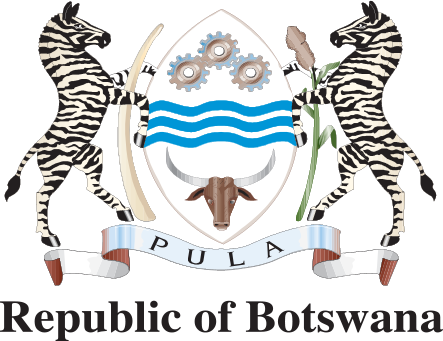Adoption of Children (Family Related Cases)
This individuals and families interested in adopting children in Botswana. must submit a written application to the Civil Registry at the Magistrate's court.
Per the Adoption of Children's Act (Cap 28:01):
- A prospective parent must be at least twenty five (25) years of age in order to proceed with the adoption of a child. In addition
- A husband and his wife jointly.
- A widower or widow or unmarried or divorced person.
- A married person who is separated from his or her spouse by judicial decree.
- A child of sixteen (16) years of age can only be adopted by parents who are at least twenty five (25) years older than that child.
- A married person whose spouse, as at the time of the adoption, has been suffering from mental illness for a continuous period of more than seven years immediately preceding that time.
- A person cannot adopt a child twenty five (25) years younger than their own selves unless the child is of the same sex as the adoptive parent.
- As an exception to the above rules:
- A widow or widower or unmarried or divorced person may adopt his/her biological child who was previously adopted by any person under the Act, whether or not he or she is under the age of twenty five (25) years or is less than twenty five (25) years older than the child.
- A married couple may adopt a biological child of one of them even though they are under the age of twenty five (25) years and the child is sixteen (16) years or more. The husband, however, must be at least fifteen (15) years older than the child of his wife and the wife must at be at least ten (10) years older than the child of the husband.
- Adoption of a child is ordered by any magistrate court in the district in which the adopted child resides on the application of the adoptive parent(s).
- The application must be accompanied by a report of a social welfare officer which gives background information on all the affected parents and further confirms that the adoptive parents are qualified to adopt the child. This investigation and report by a social welfare officer can be requested at the Civil Registry at the Magistrate's Court.
- At the Magistrate's Court, applicants can submit their request papers and attach the required documentation (described below).
Potential parents must submit the following documentation at the Magistrate's court:
- Certified copy of their National Identity Card (Omang),
- Certified copy of the birth certificate for the child being adopted,
- If the adoptive parents are married, a certified copy of the marriage certificate,
- Proof of income (e.g. current pay slip, contract),
- Assessment by a social welfare worker of the parents’ capabilities and home environment.
The adoption process can vary based on the time taken to complete applications and a social welfare officer visit.
Ministry of Nationality, Immigration and Gender Affairs
Block 8, Government Enclave, Khama Crescent
Private Bag 002
Gaborone
Botswana
A court fee of BWP 60.00 applies to processing adoption applications, whether successful or not.
